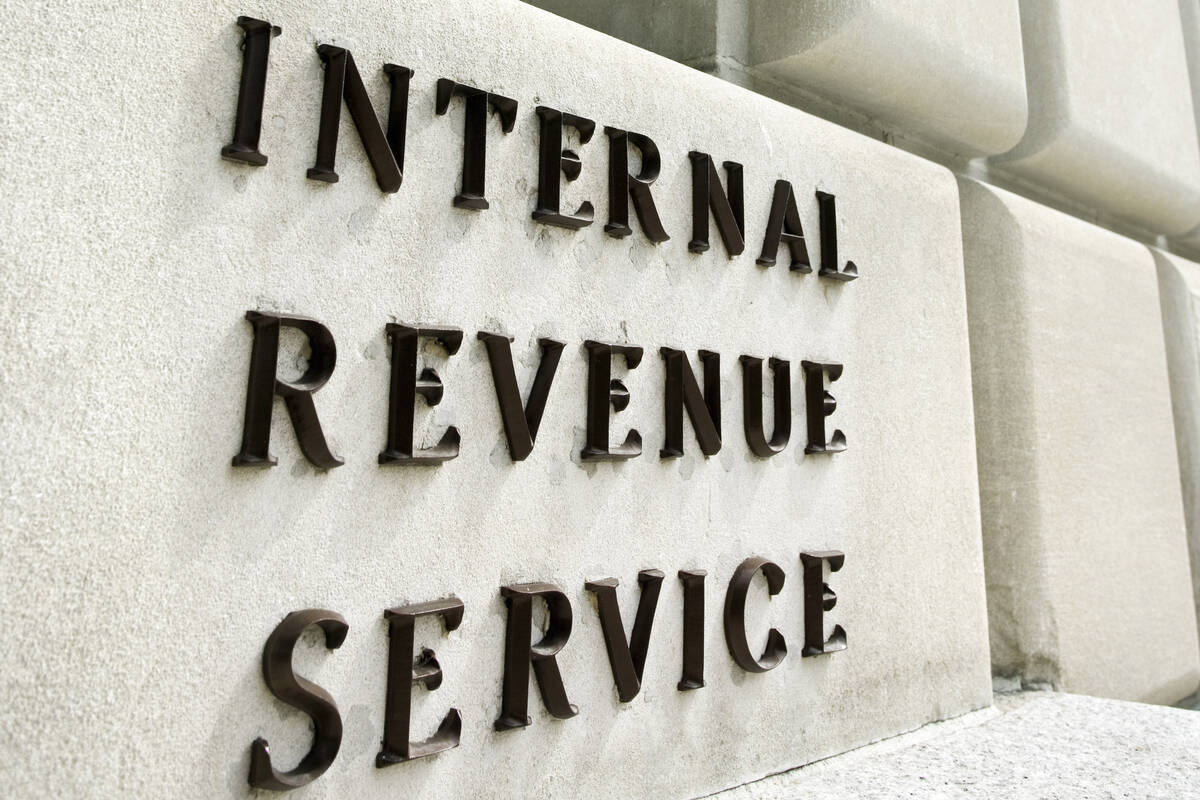EDITORIAL: Many unhappy returns
The IRS wields immense power over the financial lives of Americans, yet recent revelations highlight it would be wise to question an expansion of that authority.
As Reason magazine’s Joe Lancaster outlined recently, a report from the U.S. Treasury inspector general for tax administration exposes how the IRS routinely mishandles confidential documents. Despite contracting with vendors to securely dispose of sensitive materials, problems remain.
According to the report, auditors discovered 110 IRS facilities without proper document destruction contracts. At some locations, inspectors found unlocked, damaged or mislabeled bins, making it easy for anyone to retrieve sensitive taxpayer information.
At one facility in Utah, inspectors even found an open trash can labeled “Classified Trash Only.”
These lapses date back years. The IRS acknowledged the need for standard operating procedures as far back as 2009, but has since done little to shore up the issues. Despite this, no one at the agency faces meaningful consequences, underscoring the agency’s arrogance and lack of accountability.
Last year brought more high-profile examples of the agency’s cavalier regard for sensitive taxpayer information. An IRS contractor, Charles Littlejohn, was sentenced to five years in prison for leaking the tax returns of billionaires.
Littlejohn’s attorneys argued that he “committed this offense not for personal gain, not out of personal malice, but out of a belief that his violation of law would serve the public interest.” ProPublica published the leaked data as evidence that wealthy Americans don’t pay enough income tax, although it showed nothing of the sort.
Littlejohn’s conviction was warranted, yet other IRS officials suffer no repercussions for agency wide indifference to taxpayer privacy. In addition, Americans face severe penalties — financial and otherwise — for even minor infractions.
The IRS’s failures have real-world consequences. Sensitive data leaks not only breach privacy but undermine trust in an agency that touches virtually every aspect of American life. If the IRS cannot manage basic tasks such as safeguarding taxpayer information, how can it be trusted with additional power or resources?
This is why Republicans fought President Joe Biden’s decision to include $80 billion in new funding for IRS enforcement in one of his many legislative handout packages. But expanding the IRS’ authority without addressing its accountability issues is an awful idea. Americans deserve a system that prioritizes transparency, privacy and competence — not one riddled with negligence and double standards.
The new Congress should demand meaningful reforms before granting the IRS more power. Accountability must come before expansion, or the agency’s failings — and the risks to the public — will only multiply.






















